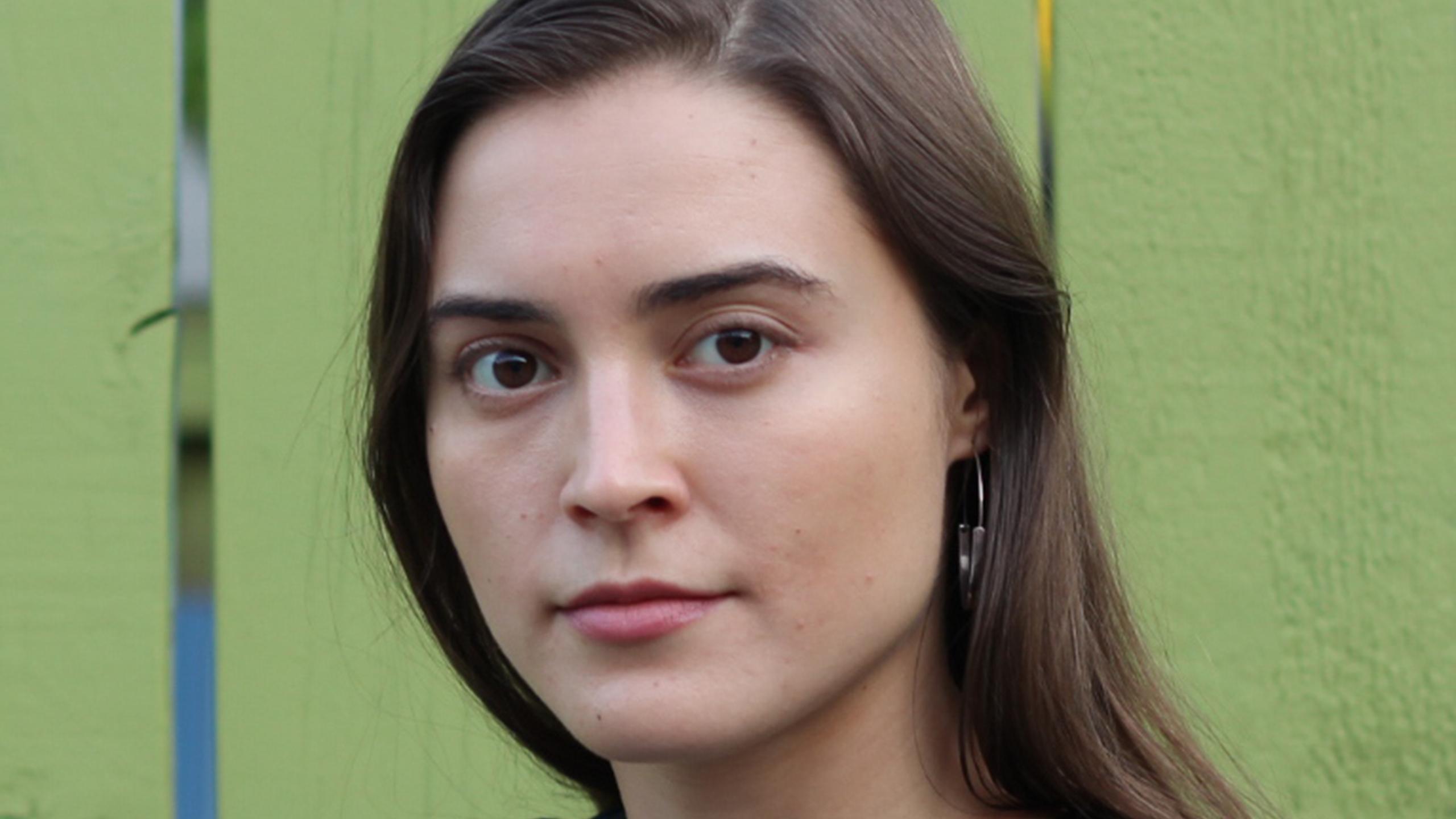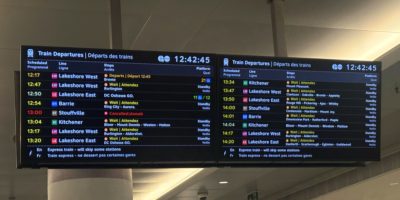Disclaimer: The opinions expressed in this article are the author’s own and do not necessarily reflect the viewpoint of The Eyeopener.
Content warning: This article contains mentions of police violence, racism, sexual violence and death.
By Alannah Fricker
On June 4, Ryerson University announced that it would not proceed with its plan to hire special constables as security staff in response to pressure from community members and the wake of global police violence. While they do not carry guns, special constables work closely with armed police officers and are often equipped with handcuffs, pepper spray and batons. They are also granted the power to detain, search, ticket, arrest and use force with minimal legal sanctions.
While the announcement to cancel the program was a win for many of those who sounded the alarm and a testament to years of sustained pressure from Black and Indigenous people at Ryerson, it remains a symptom of a more complex fight for justice and safety on campus—one that problematizes less obvious forms of surveillance and punishment and calls attention to the university’s ongoing relationships with police and security.
On Aug. 20, the university announced the creation of a presidential external expert panel (EEP) on campus safety and security, to develop a different approach to campus safety. The EEP is composed of mostly lawyers and includes DiversiPro’s Hamlin Grange, the former Toronto Police Services (TPS) board member who led the consultation process to bring special constables to Ryerson in 2020. We should be outraged that anyone involved in shaping alternatives to police on campus is pro-police. It is troubling that the group positioned as experts do not learn, work, teach or live in this community. Therefore, I am steadfast in my call for abolition.
After the brutal murder of George Floyd by Minneapolis police on May 25, the movement to defund and abolish the police—an idea previously positioned on the margins—quickly became mainstream and realizable. In so-called Canada, police murders and widespread community outrage forced the hands of politicians, media, institutions and schools to reposition themselves at a distance from police.
While some of the killings were high profile, many were not. As of September police murders of Black and Indigenous people in Canada included D’Andre Campbell, Jamal Francique, Eishia Hudson, Regis Korchinski-Paquet, Chantel Moore, Ejaz Choudry, Rodney Levi and Jason Collins. More hidden were the deaths of those caged in jails and prisons due to neglect and murder, including Jordan Sheard, Michael Croft, Shawn Spaulding and countless others killed by capitalism under the guise of COVID-19, drug overdoses, poverty and suicide.
“Police and prisons do not keep us safe from violence. They are violent and they should be abolished from our campuses entirely”
I mention these deaths as a reminder that police and prisons do not keep us safe. They are especially dangerous to those whose bodies are marked as disposable by the state and its dominant classes. Police, like their counterparts—prisons, detention centres, child welfare systems, courts and laws—cannot be reformed to achieve justice because they exist to maintain order through subjugation within enduring systems of white supremacy, hetero-patriarchy, ableism and capitalism.
Police are antithetical to the goals of our institution which should include supporting the learning and wellbeing of students, staff, faculty and the community. Research has repeatedly and overwhelmingly concluded that police erode trust with, alienate and criminalize Black, Brown, Indigenous, dis/abled and undocumented learners and teachers. Black and Indigenous people in Canada are targeted and severely overrepresented in all areas of the injustice system when compared to the overall population. Police regularly enforce unjust laws that exacerbate issues related to poverty, homelessness, substance use, drug dealing, sex work and mental health.
We know that creative, community-led alternatives to police exist, which are rooted in transformative justice, free housing, education, food, water and status for all. Yet police and prisons remain, justified by their control over racialized and Mad bodies, and the disappearance of so-called “dangerous” people from our communities.
But who are the dangerous people? Most crimes are low-level, rooted in poverty and desperation and involve property, drugs and personal relationships. Police and prisons do little to prevent violence and rarely “resolve” cases of serious harm.
Rather, they regularly uproot people from their communities and enact against them insitutionally-sanctioned acts of assault, rape, neglect, deprivation, torture and murder.
Police and prisons do not keep us safe from violence. They are violent and they should be abolished from our campuses entirely.
In our search for alternative community safety models, we must be cautious of stigmatizing discourses and attempts to reform rather than transform the ways we keep each other safe. We must be clear, solution-focused and uncompromising in our demands and continue to take action when the university acts in bad faith.
While it is not exhaustive, I offer a shortened version of Canadian Students for Sensible Drug Policy (CSSDP) Ryerson’s list of demands that we urge the university to adopt to support community safety:
- Officially withdraw the special constables proposal;
- Permanently end relationships with TPS;
- Take a public stance in support of police and prison abolition and develop a transformative, justice-informed transition strategy for alternatives to uniformed security on campus;
- Provide ongoing open forums where community members can be meaningfully involved in decision-making and implementation;
- Mandate thorough crisis intervention, de-escalation, mental health first-aid, harm reduction, anti-oppression and anti-racism training for existing Ryerson security;
- Deprioritize police involvement at Ryerson so it becomes an instrument of last resort and provide rights advocates and alternative external supports;
- Implement independent oversight and transparency regarding security data and complaints;
- Hire non-security personnel including community peers, social workers, nurses, and mental health workers trained in anti-oppression;
- Provide funding for student-led community care initiatives;
- Remove the Egerton Ryerson statue;
- Implement the recommendations of the Anti-Black Racism Campus Climate Review Report, integrate community feedback and concerns and take meaningful direction from Black and Indigenous students, staff and faculty
In closing, I would like to urge you to take action and exercise your power as a stakeholder. I encourage you to follow and support the work of the Black Liberation Collective-Ryerson and CSSDP Ryerson; Latinx, Afro-Latin-America, Abya Yala Education Network Toronto; Toronto Prisoners’ Rights Project; Black Lives Matter-Toronto and others demanding supportive, police-free campuses. I encourage you to send a message to decision-makers at Ryerson to demand an end to relationships with police; attend workshops to build your capacity to respond to emergency situations; and read, write, speak and act in support of police and prison abolition.
Abolition is inevitable and I know that we will win, but it is up to us to care for each other and take the necessary steps to realize it in our lifetime.
Alannah Fricker is a Ryerson bachelors of social work graduate, an Ontario Institute of Studies in Education masters in social justice education student, lead organizer with the Toronto Prisoners Rights Project and Abolition Coalition and founder of CSSDP Ryerson.












A Roberts
The wider issue is that police are meant to serve and protect white men and white women. Police aren’t there to protect BIPOC people, even if they are being sexually assaulted. However, the gentrifier with the Louis handbag uses the police to intimidate BIPOC people and force them from their communities. The police is an instrument used to oppress BIPOC people while protecting the whites.
SS
So really there is no sympathy here for victims of abuse, kidnapping, murder, rape, drunk driving, etc., correct Alannah? Because in your limited opinion, all police and prison’s only exist to oppress racialized minorities and therefore should be abolished in society. Get serious Alannah. The world is not as kind as you think it is.
Sanjin